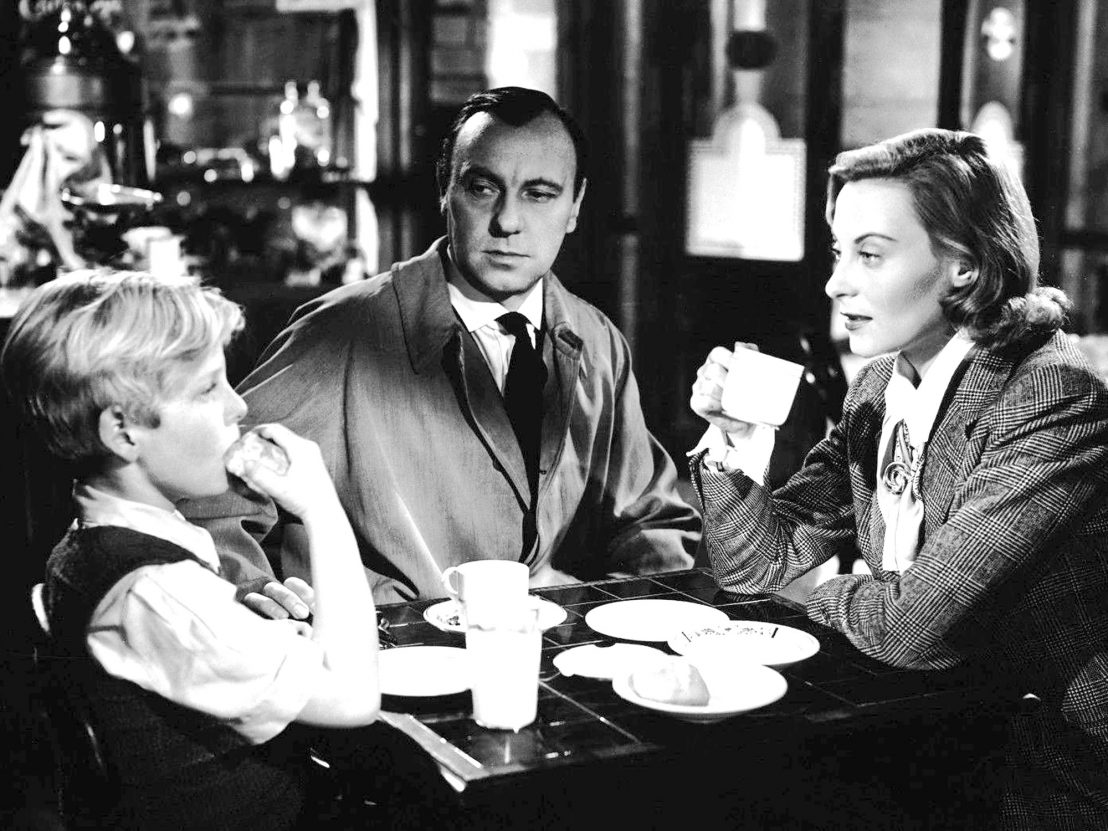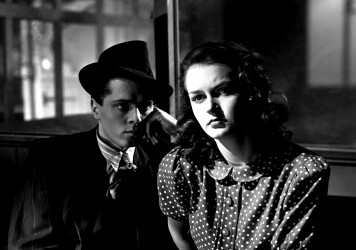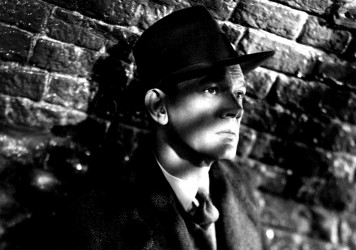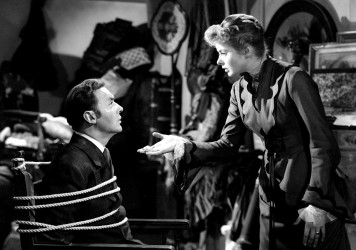
Childhood’s end is never a straightforward precipice. Instead, a long, meandering gap appears between youth and adulthood that varies depending upon an infinite array of personal, social and even economic factors. Yet the beginning of this process can be marked individually and, in cinema, this has rarely been better portrayed than in Carol Reed’s 1948 film The Fallen Idol.
Based on a short story by Graham Greene, the film follows one of these very particular moments when the worry-free world of a child becomes marked by the oncoming reality of adulthood with all of its contradictions and hypocrisies. Allowing such a narrative to unfold through naive eyes produces a stark but empathetic story that reflects and reminds us of some personal equivalent, even if it is likely far from the clear wealth and privilege of the lives on show.
The Fallen Idol follows a few days in the pleasant life of Philippe (Bobby Henrey), the son of a diplomat living in the high-ceilinged wealth of an embassy in Belgravia (Grosvenor Crescent, to be exact, where Reed later filmed 1968’s Oliver!). Philippe is left alone for large periods of time in the care of the embassy butler, Baines (Ralph Richardson), and his wife, Mrs Baines (Sonia Dresdel). Baines has concocted a fantastical, colonial history for himself in order to keep Philippe entertained but also as a distraction from his disintegrating marriage. He is having an affair with a younger worker at embassy, Julie (Michèle Morgan), whom Philippe meets by chance.
However, Mrs Baines is suspicious and, when the boy accidentally gives away the affair, she hides in wait in the house for the pair to be caught. Finding the affair in full swing, Mrs Baines flies into a rage, hurting Philippe and trying to gain access to the room in which she believes Julie to be. She climbs onto a balcony but is pushed off by an opening window, falling to her death at the bottom of the stairs. Philippe runs away believing, falsely, that he has seen Baines kill his wife. The police become ever more suspicious as the boy’s desire to protect his hero lends credence to the false suspicion of murder at Baines’ hands.
One of Reed’s signature cinematic techniques is to play with the camera’s perspective. In The Third Man, we are left in the dark for as long as its confused main character (Joseph Cotton), blundering with him through Vienna’s battered streets, while in Odd Man Out, the camera stutters and staggers as the injured Irish Nationalist (James Mason) tries to evade the police. The Fallen Idol is more disarming than both of those brilliant films as its perspective is so innocent, so helpless.
When the tragedies of adulthood become slowly apparent, the pathos is almost unbearable as Reed frames everything through Philippe’s eyes. His witnessing of a murder which isn’t really a murder and his blindness to the affair are all simply part of his perception as a child. It’s the natural view of someone with toffees stuck together in their pockets and a pet snake hidden behind a loose brick in the wall. Through highlighting this viewpoint, the main crux of the film – the loss of faith in authority figures and, overall, the truth – becomes all the more affecting. Richardson’s performance is perfect in building this up with his matches lit with single, perfect strikes and a penchant for sneaking iced buns in between meals.
He’s the partner-in-crime every childhood cries out for, especially one with clearly distanced, busy parents. We feel the hurt of his betrayal and fall from grace because Philippe feels it. At the end, authority was built on a jumble of entertaining lies which hid things beyond the comprehension of the young boy. The final tragedy being how the last instance of truth telling no longer matters, shrugged off by the police in a slight mix-up; where falsity led to the truth of Baines’ innocence with thankful serendipity. Philippe is only really saved from his shaken faith by the arrival of his parents and even then, the film ends before anything else is confirmed.
The Fallen Idol is essentially about that first, tearing loss of childhood innocence – the first moment when the fallacies and imperfections of those we look up to and idolise become apparent. In spite of its playful atmosphere and the natural drawing-room warmth that British cinema of this period was drenched in, Reed’s film presents this moment laced with sadness. Highlighting the childishness of complete trust in our elders creates an alarming and melancholic effect overall. “We’ve got to think of lies and tell them all the time,” suggests Philippe, “and then they won’t find out the truth.” The first step out of childhood never felt more acutely painful. Though it was ultimately inevitable and the greatest tragedy is that it always will be.
Published 30 Sep 2018

By Tom Graham
Twenty five years on from his death, the novelist famed for his film noir screenplays remains a key influence.

The moral minefield of Carol Reed’s The Third Man insures its place in the pantheon of greats.

George Cukor’s 1944 Gaslight was the first major Hollywood picture to depict an abusive relationship.